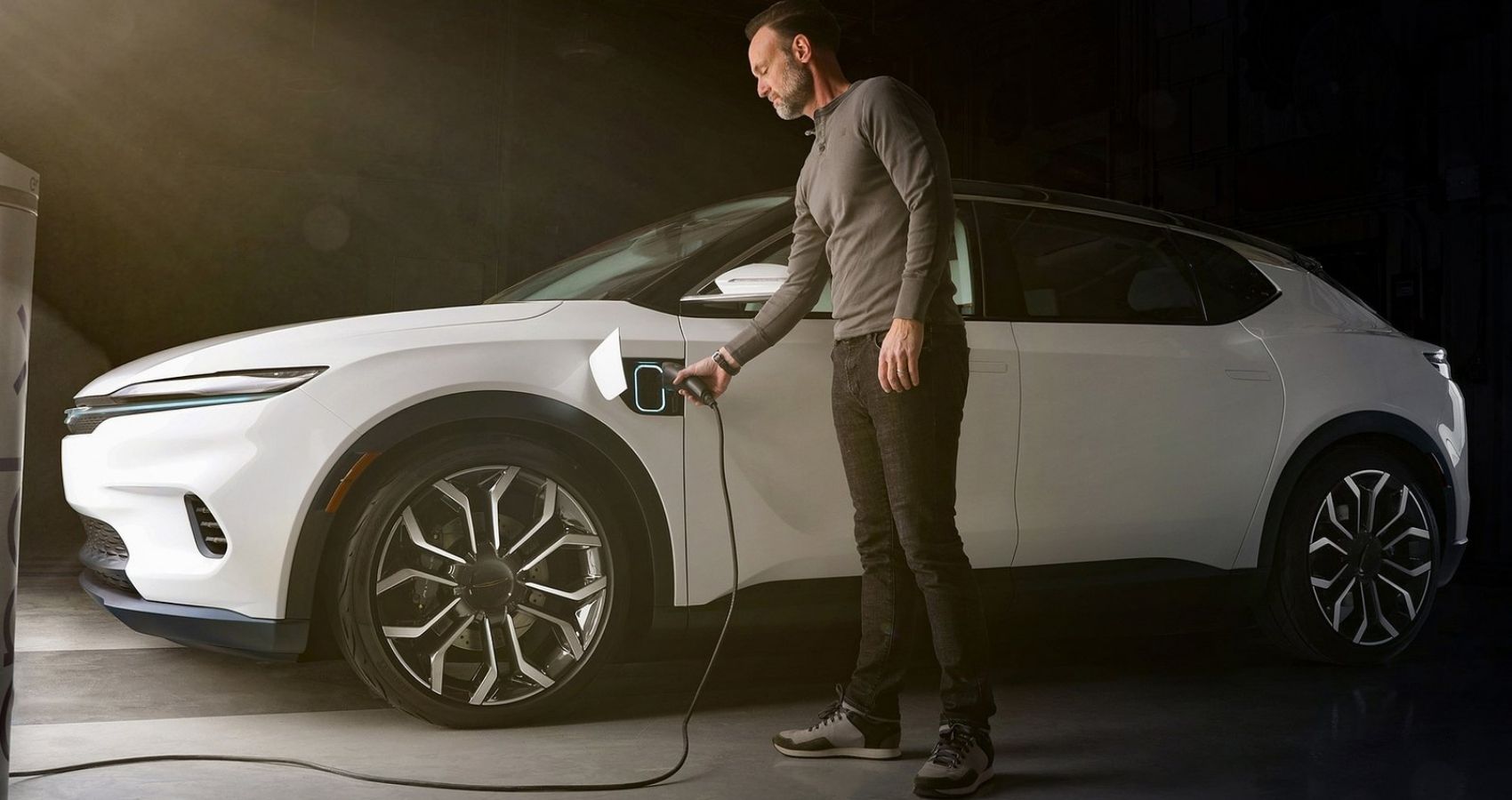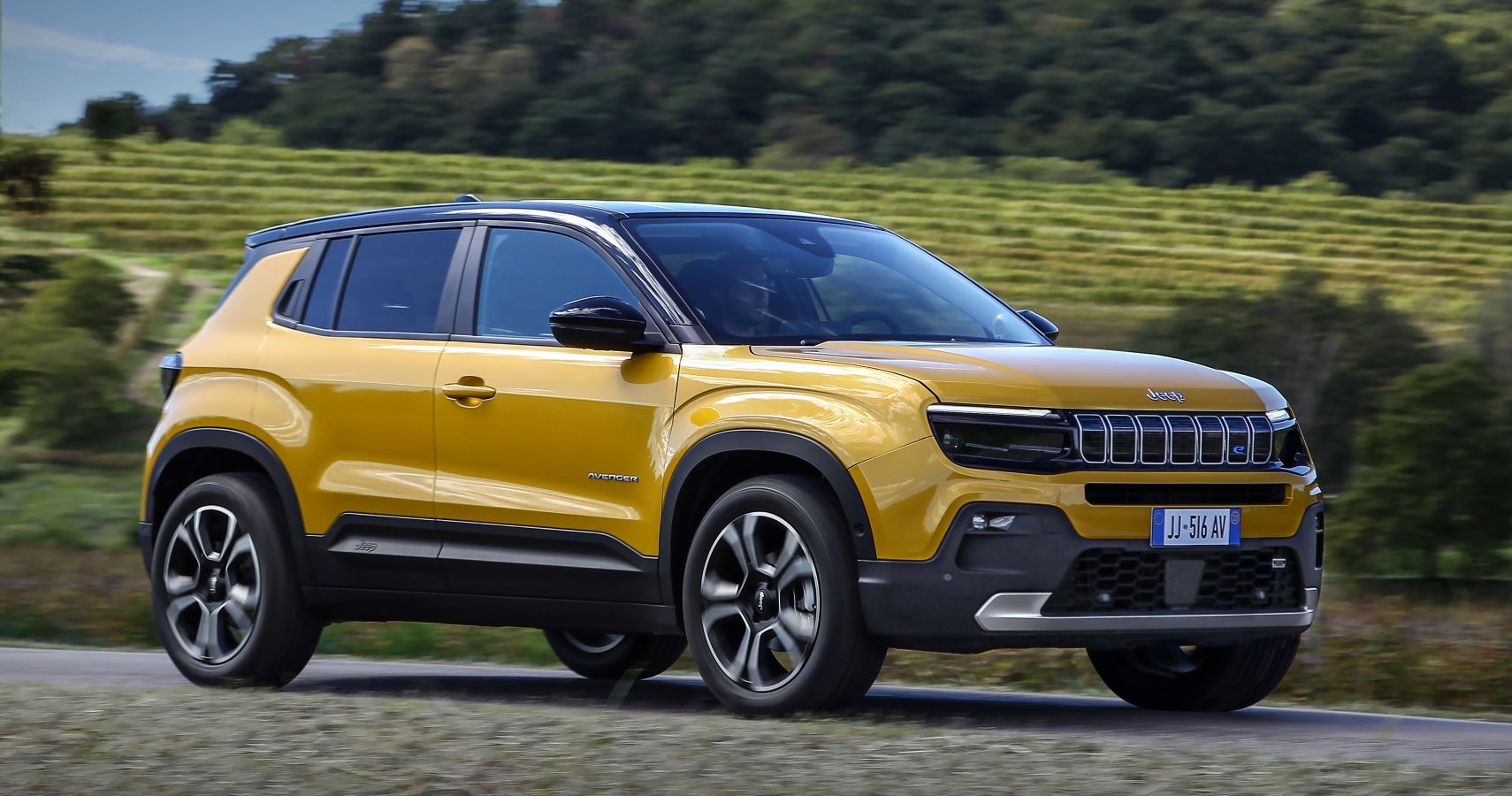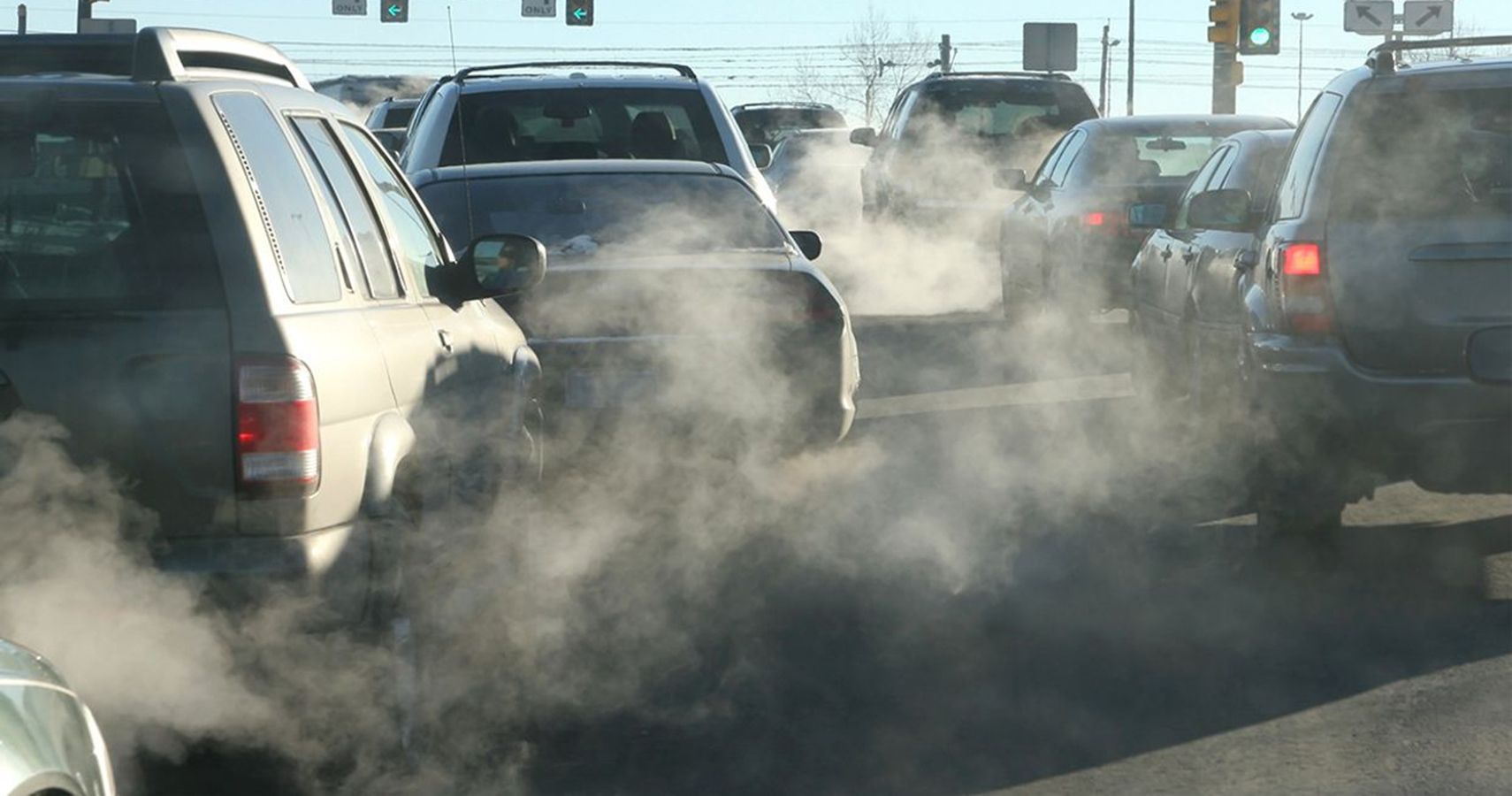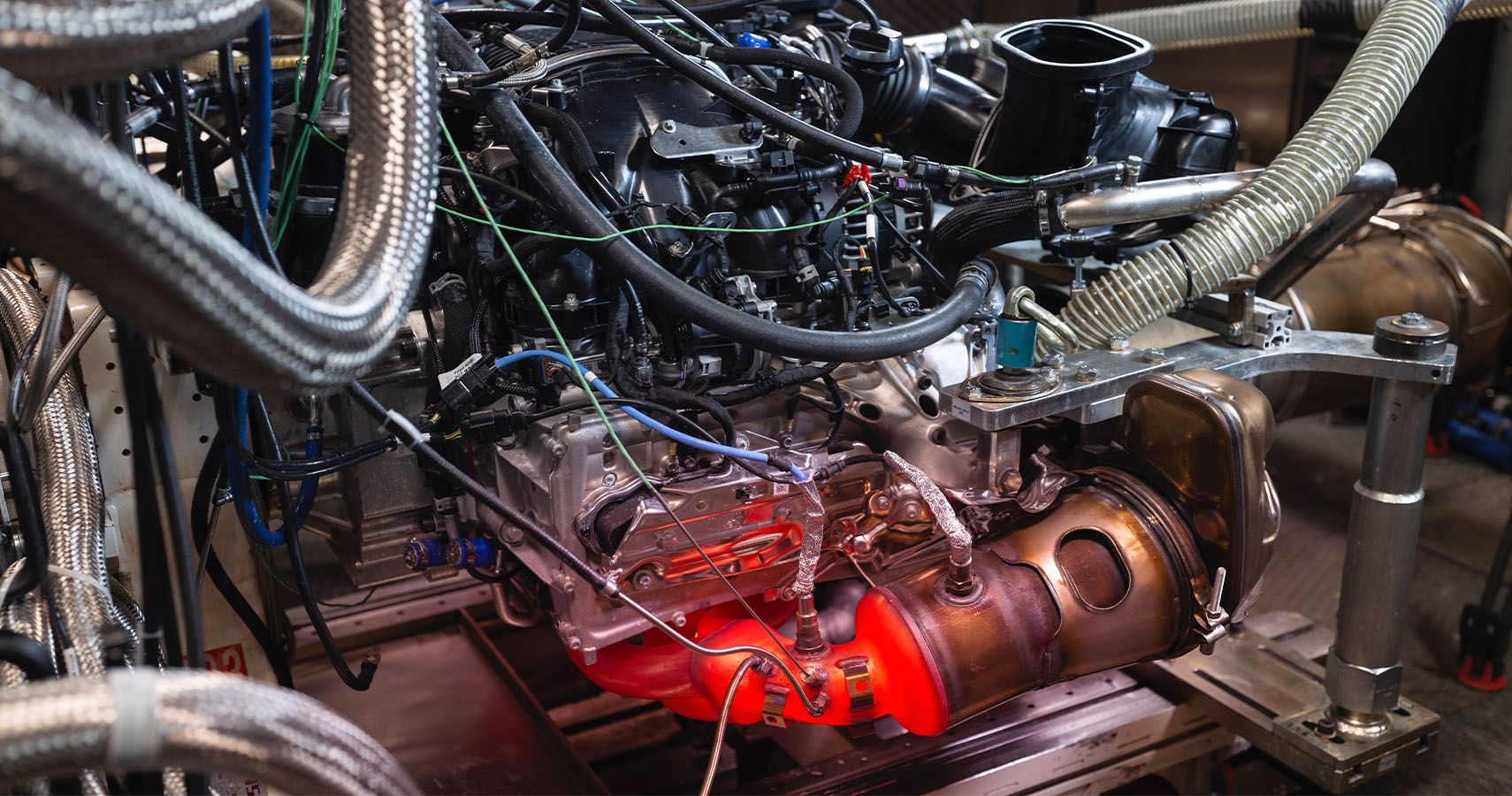By implementing strict emission laws and encouraging EVs, we have considerably reduced the amount of CO2 dumped in the atmosphere. However, not all norms, especially Euro 7(EU7), make sense from a business standpoint, says Stellantis CEO – Carlos Tavares.
Every carmaker has been burdened with carbon-emission targets that they have to meet in order to sell their cars. While the goal is for a carbon-neutral environment, we have more ground to cover for now our mission is largely in its infancy. Judging by how things are going, the end result is achievable—although time, cooperation, and infrastructure are important variables that should be considered.
With its successful run, the regulatory division is now stepping things up. The updated norms are expected to hit the market in the next few years. But from a business perspective, it isn’t good news. At least that's what boss man Carlos Tavares thinks. Euro 7, initially touted to hit markets by 2026, is further pushed to 2028. But Tavares is of the opinion that developing vehicles for EU7 takes up vital resources which could’ve been used for electrification and other possible avenues.
Scrap Euro 7 Norms, Says Stellantis Boss Carlos Tavares
Speaking to the media during Paris Motor Show, CEO Carlos Tavares was pretty open about how regulations are forcing OEMs to pipe available resources to meet upcoming EU7 emissions norms. Tavares believes that with the eventual ban of ICE cars by 2035 (in most markets), engineering them to meet the regulations is a pointless exercise. Why bother with such norms just for a few years?
This is what Carlos Tavares said during the event, “From an industry perspective, we don’t need EU7, as it will be drawing resources we should be spending on electrification. Spending money developing more one step for internal combustion for a 2028 enforcement... it doesn’t make sense. Why use scarce resources for something for a short period of time? The industry doesn’t need it, and it's counterproductive”.
Also, it’s pretty evident why EU7 is getting delayed. Tavares adds, “It has been postponed many times already, as we’re reaching the limits. You reach physical limits. You shouldn’t try to go beyond them. You wouldn't dare do it in this world, as you would risk compliance. You have to be compliant everywhere, and that pushes you beyond physics. When you move beyond physics, scrap it. It's counterproductive. It doesn’t make sense, that’s why it’s being postponed. We’re ready for electric”.
As controversial as it might seem, Mr. Tavares does have a point. Spending money on what will eventually be obsolete in a couple of years is a step we can avoid. So far, there are no signs of the European Commission holding back. Let’s see how things unfold in the coming months.
What Are Euro 7 Emissions Regulations?
The Euro emissions standards, introduced in 1992, have undergone several revisions in the past few decades. Existing EU regulations (Euro 6) include the mandate of regular emissions testing and the integration of particulate filters into car designs. Euro 7 is intended to be the final iteration surrounding vehicle emissions.
According to Automotive News, Panagiota Dilara, the team leader for vehicle emissions at the European Commission, said that Euro 7 is much more than just passenger-car emissions. It includes commercial trucks—unlikely to be all-electric by 2035—as well as non-fuel emissions from vehicles such as brake dust and tire particles.
Three versions are under consideration—a mild revision of Euro 6, an extensive revision of Euro 6, or a real-world continuous emission monitoring strategy. The Commission, however, is yet to disclose the exact specifics of EU7. But we are to expect the details before the end of 2022.
Implementing EU7 Could Bring Back Bigger Engines
There is a silver lining to all this, shall we say. Euro 7 could mean a comeback of bigger engines. A report from Automotive News mentions that Mazda will comply with EU7 by adopting a larger displacement engine. Mazda Europe's senior manager of technical development, Joachim Kunz, said, “To get low NOx emissions we need low combustion temperatures and having a bigger engine keeps temperatures lower, which is good both for reducing the heat loss and for cutting the raw NOx emissions. This, in turn, will enable us to have a simpler after-treatment system.”
A similar strategy is proposed by Porsche. In an interview with Wheels, Frank Steffen-Walliser, the vice president of Porsche’s 911 and 718 lineup, explains, "I expect 20 percent more displacement on average for these EU7 capable engines. A lot of manufacturers will jump from four to six, from six to eight cylinders. The regulations are completely counterproductive to CO2 regulations. You cannot fulfill all the standards without spending fuel. It sounds crazy but it's a technical fact at the moment.”
Sources: Autocar, Wheels, Automotive News Europe





